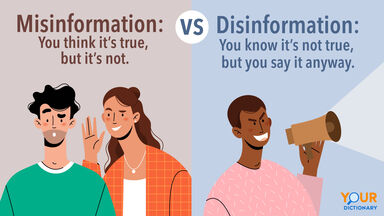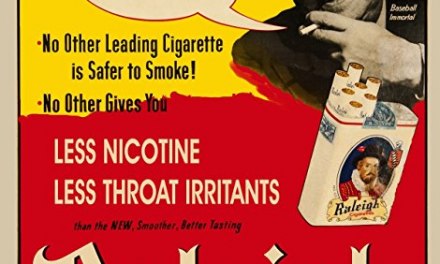I thought we’d take a look at a proposal to reconsider society’s many gambling-related problems in terms of a public health issue – in essence, a threat to the welfare of society itself.
Organized gambling has been around for a very, very long time, so why has this come up now? The answer: Technology. When gambling moved online, it presented us with a dramatic new set of challenges.
Here’s a summary of a new report on the subject, from a commission of experts:
This isn’t the first time an advance in tech has been the prime mover for a significant change in society’s approach. The telephone would be an example. Computers, of course. It’s in the nature of a certain kind of technological step forward to change the equation and require us to adopt new ways of thinking and acting.
24 hour online wagering, the report suggests, has effectively turned your cell phone into your personal gambling den — one without guardrails, and few if any real controls. With a limitless reach.
About public health medicine: This is different in important ways from the clinical variety practiced by your physician. Public health experts focus not on individuals, but on populations – large, but in some cases, also smaller.
The usual criteria for calling something a public health issue include:
- Something that adversely affects the lives and well-being of the population – increased rates of illness or death, for example, or their quality of life, or even the larger cost to society, in terms of resources or money.
- The population may include subgroups who may be vulnerable or disproportionately harmed by the problem – minorities, for instance, or the economically or socially disadvantaged.
- After objective analysis, experts can conclude that a public health effort might significantly improve outcomes, and prevent even greater difficulties from emerging in the future.
“What’s good for the many, but also for the few,” as one public health specialist expressed it.
Adopting a public health approach to a societal problem can be controversial, however — if it goes against the grain of cultural practice or accepted wisdom.
At one time, many considered it radical to view cigarette smoking as a public health issue rather than a matter of personal preference. That’s changed, and public discussions of smoking cessation and prevention happen every day.
But even now, it’s considered radical by some folks to view gun violence as a public health problem, despite the possible advantages.
And because gambling is now an industry with vast resources and a huge political presence, we can expect the Lancet commission proposal (and others that will follow) to encounter significant resistance from those quarters.
Isn’t that always the way?













